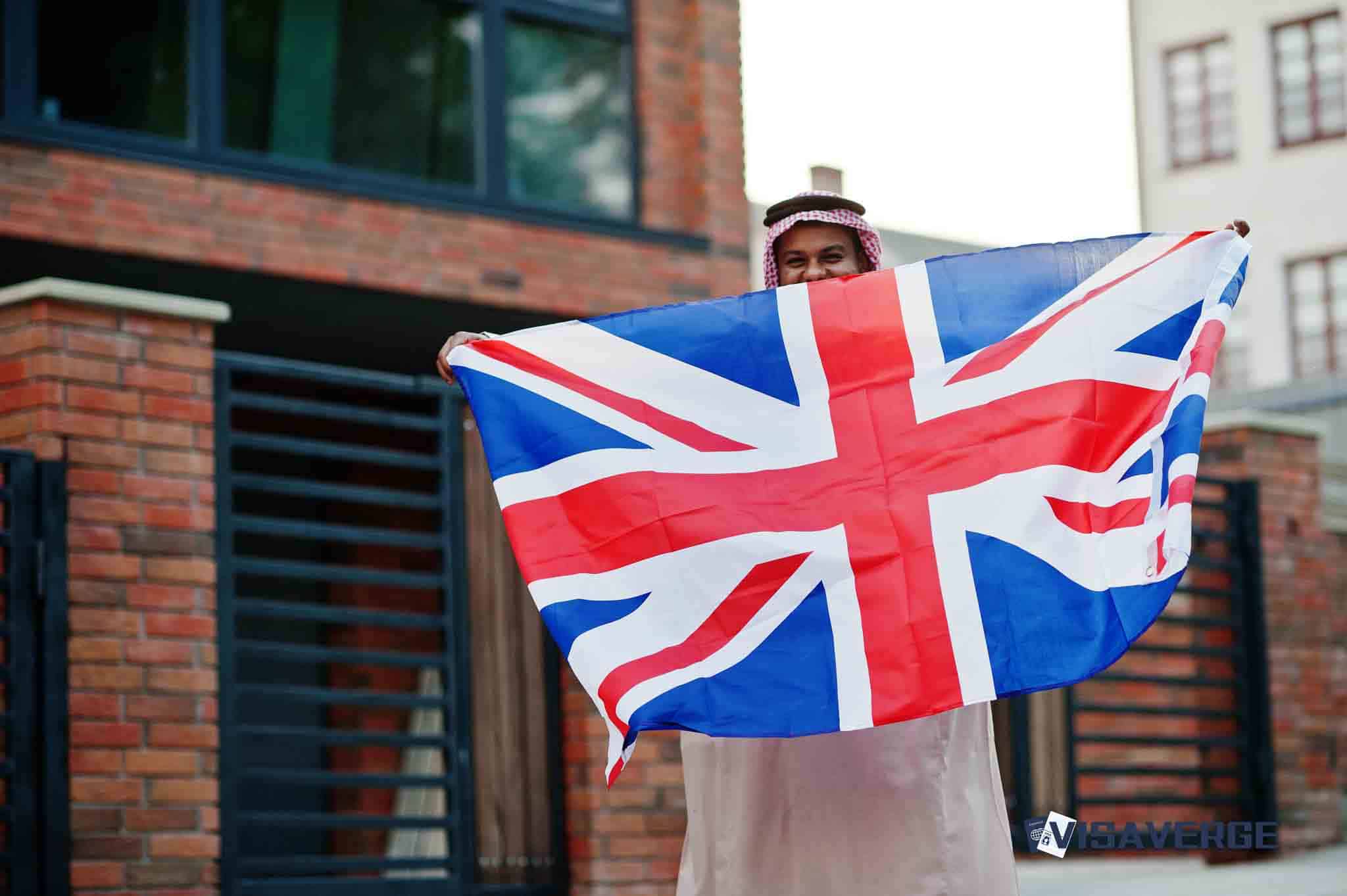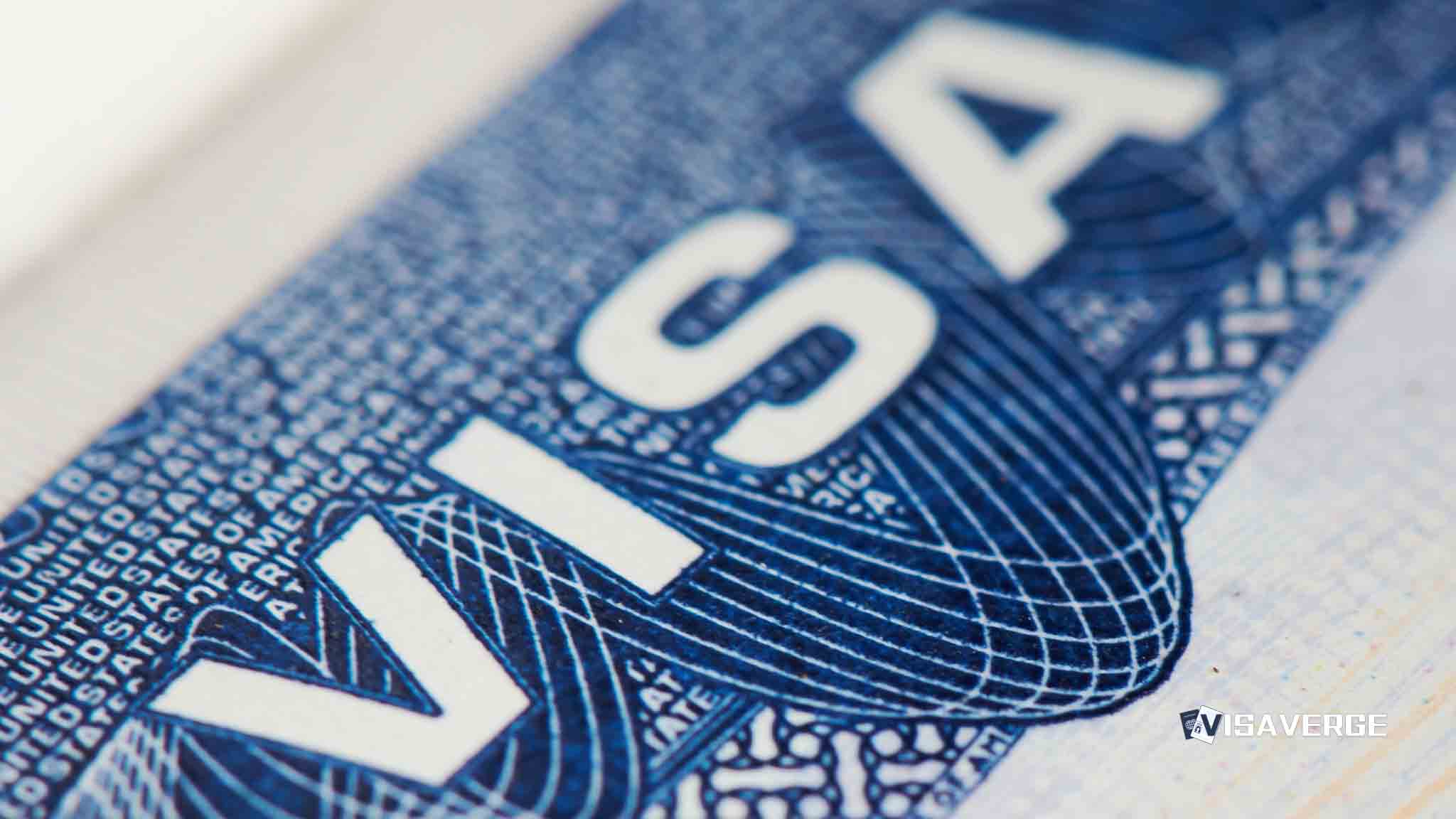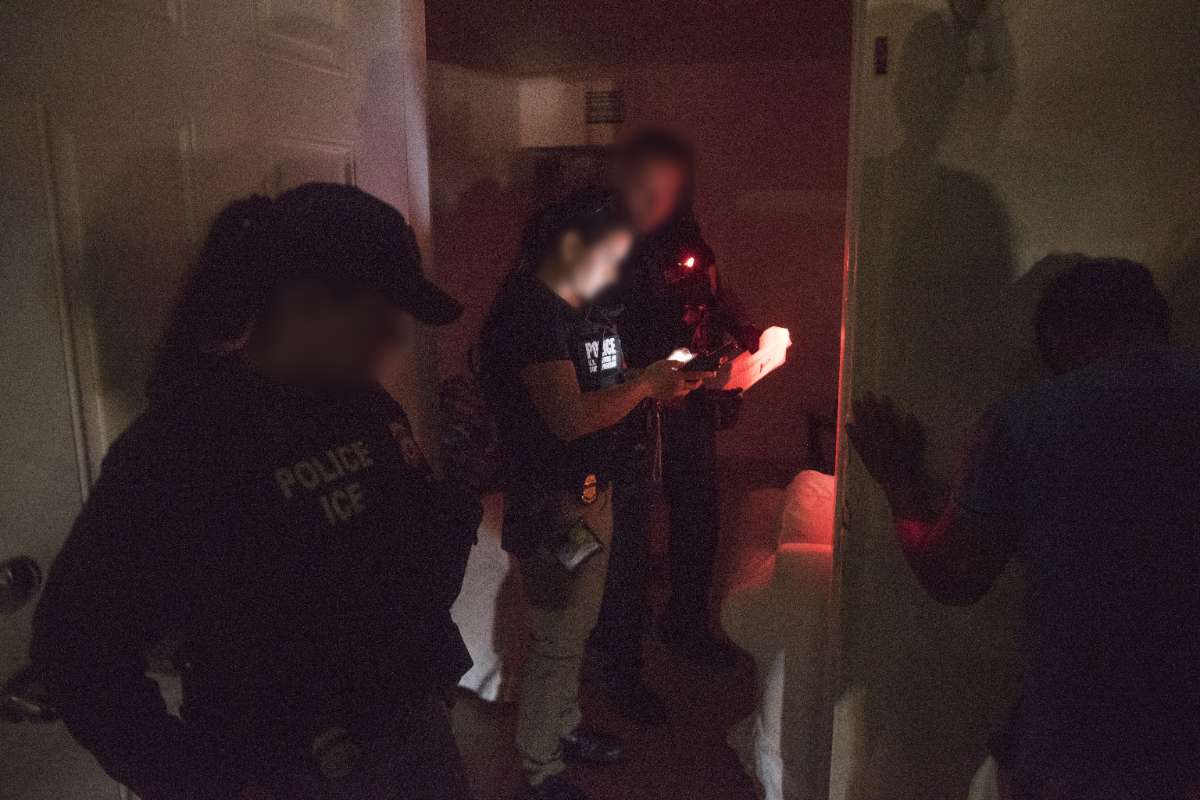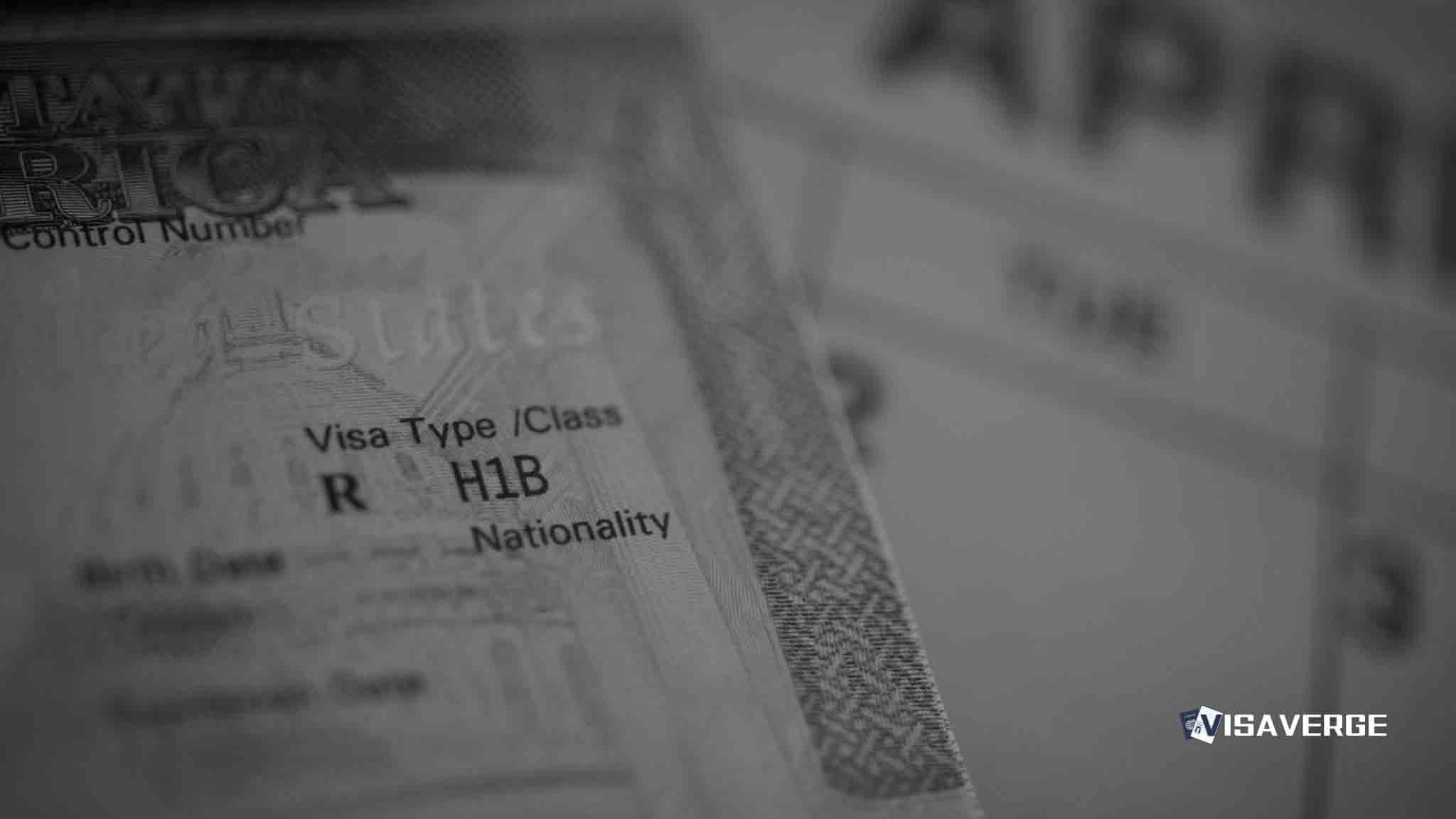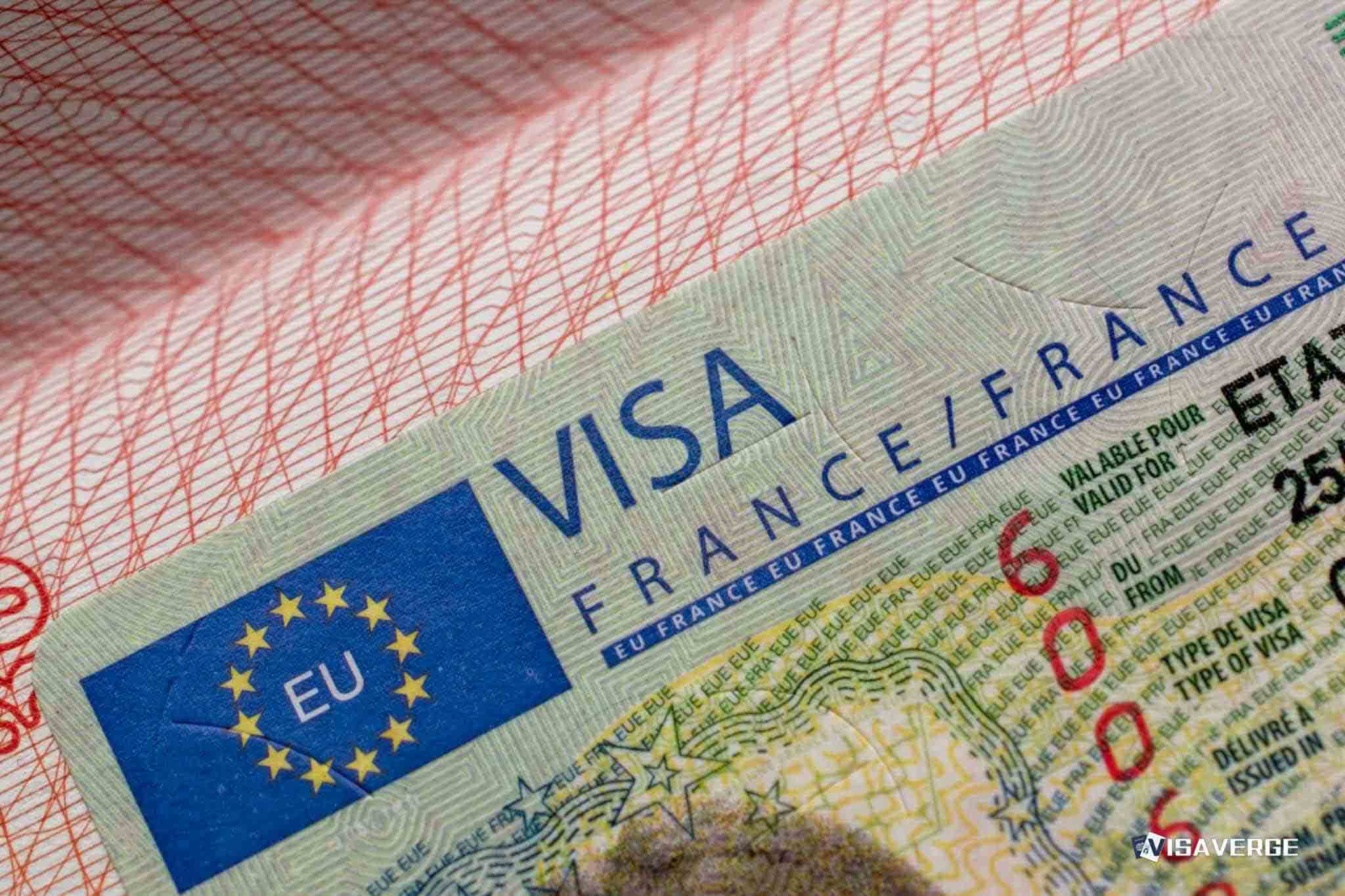(UNITED KINGDOM) A prominent trans refugee has condemned Labour’s planned overhaul of the asylum system as “absurd and cruel”, warning that proposals to make refugees wait up to twenty years for British citizenship and to harden rules on family reunification would destroy the sense of safety many queer people thought they had found in the country.
Ayman Eckford, a member of Rainbow Migration’s Refugee Advisory Panel, said the reforms would send “a clear message to queer refugees that they are unwelcome in the UK,” and urged ministers to “choose compassion over American-imported hostility.” Speaking after details of the plans emerged, Eckford said the policies risked turning the UK from a place of refuge into a place of quiet punishment for those who had already fled violence and loss.
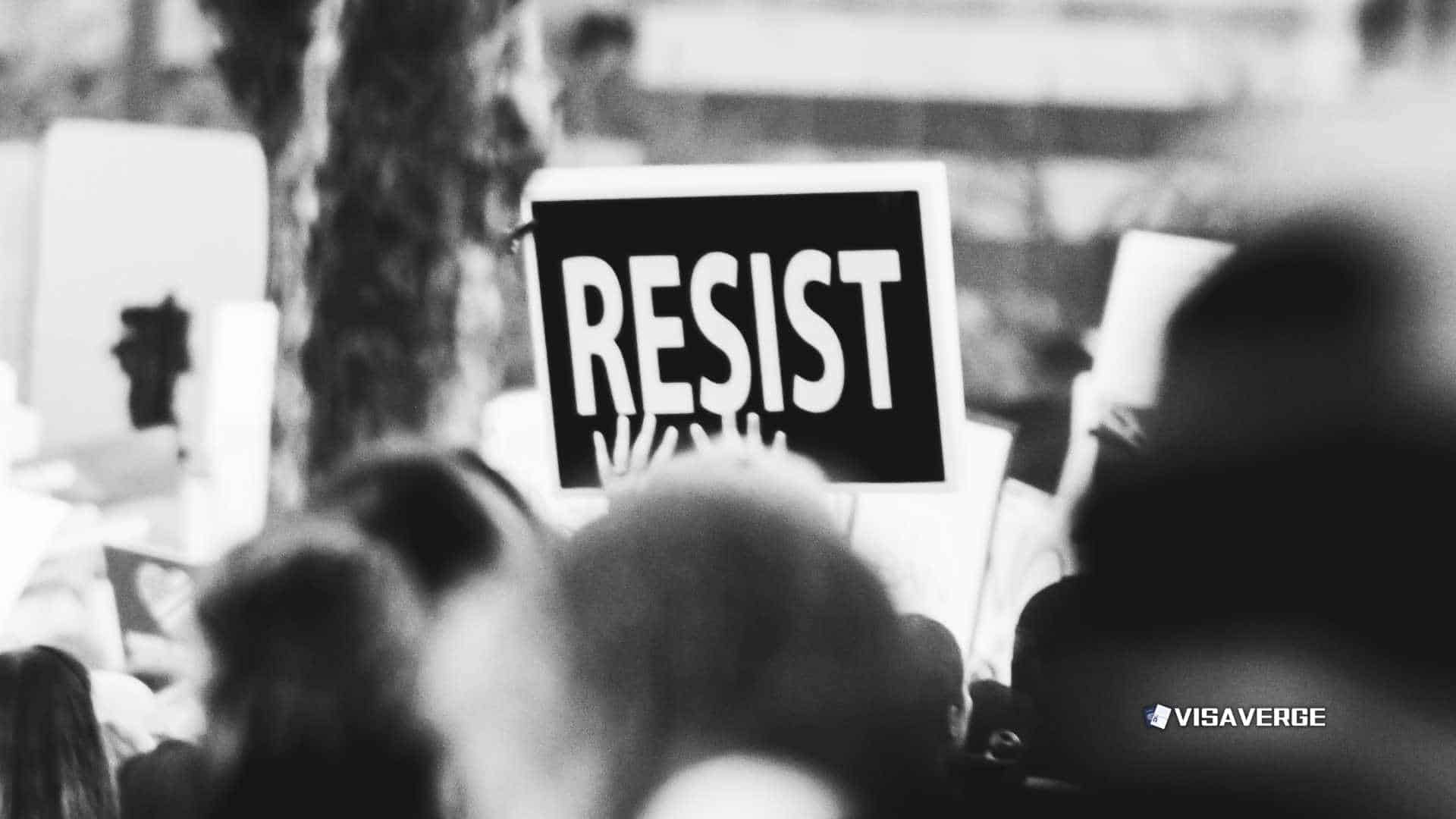
What citizenship delays mean in practice
According to Eckford, the proposal to stretch the route to citizenship over two decades goes far beyond a technical change to immigration status. He described citizenship as “more than a passport” — representing stability, long-term protection, and the ability to fully take part in society, from work and education to starting a family and joining political life.
For refugees who have already lost homes, careers and often contact with loved ones, being told they must wait twenty years before they can belong on paper as well as in practice feels, in his words, “extremely harsh and unjust.” He argued the extended wait would be especially damaging for LGBTQ+ refugees who arrive in the UK alone after being rejected, threatened, or attacked in their countries of origin.
Many of these refugees hope to rebuild their lives, form relationships, and create new families in safety. A citizenship system that locks them into prolonged uncertainty — rather than offering a clear path to security — risks keeping people in a state of constant anxiety about their future.
Family reunification: the human cost
Eckford also sharply criticised the move to toughen family reunification rules, calling it another way the government is making the system “absurd and cruel.” For refugees who have escaped war, persecution or anti-LGBTQ+ violence, the possibility of bringing close family members to safety is often the only thread of hope they have left.
Making it harder to reunite with partners, children or parents, he argued, would trap many people in painful separation, sometimes for the rest of their lives. He emphasised the particular impact on queer refugees:
- Many have already lost contact with families who rejected them on grounds of gender identity or sexual orientation.
- Those who still have supportive relatives are desperate to keep those ties.
- Ending or restricting reunification is not just closing a legal route — it severs the last pieces of their old lives that give them strength.
VisaVerge.com reports that refugee advocacy groups across the country are receiving similar messages of alarm from people who fear they will never see loved ones again if the proposed barriers become law.
“When you take away family reunification, you are not just closing a legal route — you are cutting people off from the last pieces of their old lives that still give them strength.” — Ayman Eckford
Community contribution and wider consequences
Eckford stressed that the impact of the changes would not be limited to individual cases but would echo across communities where refugees have begun to settle. He pointed out that people granted protection have been contributing to cities such as Sheffield, Manchester, Glasgow and London, working, studying, volunteering and creating cultural spaces that benefit their neighbours.
Policies that hold refugees at arm’s-length for twenty years, he warned, risk undermining these contributions by keeping people in limbo instead of allowing them to put down firm roots.
Political framing and international influence
The activist framed the government’s direction as part of a wider trend, accusing ministers of importing a hostile approach from the United States rather than building on the UK’s own traditions of offering refuge.
“Choose compassion over American-imported hostility,” he urged, saying Britain should set its own course and resist copying far-right rhetoric and measures seen elsewhere.
In his view, queer refugees from Eastern Europe, the Middle East and former colonies had come to see the UK as one of the few places where they could live openly and safely. Policies that feel “absurd and cruel,” he argued, threaten to strip away that fragile sense of protection.
Response to government arguments
While the government insists that it needs tougher rules to maintain public confidence in the asylum system, Eckford countered that this framing ignores the real lives behind the statistics. He said queer refugees who arrive in the UK after dangerous journeys do not seek special treatment, only the chance to rebuild without fear.
Being told that safety comes with twenty years of uncertainty and prolonged separation from family, he added, does not look like fairness to those who have already been pushed to the edge.
Campaigning and practical information
Rainbow Migration, the organisation whose advisory panel Eckford sits on, works with LGBTQ+ people going through the asylum process. Although detailed legal guidance on the new plans has yet to be published, campaigners say the direction of travel is already clear from ministerial briefings and early policy documents.
They are urging supporters to contact their MPs and press for an approach that protects, rather than weakens, access to status and family reunification. Official information on current asylum procedures is available through the UK government’s Home Office guidance, but charities warn that the lived experience of queer refugees often looks very different from the policy language.
Key actions campaigners recommend
- Contact your MP to express concerns about extended citizenship waits and tightened family reunification.
- Support charities working directly with queer refugees, including Rainbow Migration.
- Share personal stories and evidence of refugees’ positive contributions to local communities.
Final reminders and test for Labour
In his public comments, Eckford took care to remind policymakers that refugees are already part of British life, even if their paperwork does not yet reflect it. He spoke of people building new friendships, learning English, finding work when allowed, and volunteering in local projects.
For many, the chance to apply for citizenship is not simply a formality at the end of this journey but a recognition that they belong — that the country which offered them refuge is now truly their home. Turning that chance into a wait that may last twenty years, he suggested, risks making belonging feel forever out of reach.
For Eckford, the test for Labour is simple: abandon measures he calls “absurd and cruel” or not.
Labour’s planned asylum reforms proposing up to twenty years before citizenship and tighter family reunification have provoked strong criticism from LGBTQ+ advocates. Ayman Eckford of Rainbow Migration described the measures as “absurd and cruel,” warning they would erode safety, prolong family separation, and undermine refugees’ ability to rebuild lives and contribute to communities. Campaigners urge MPs to protect routes to status and family reunification, emphasizing compassion, legal support, and the social costs of prolonged uncertainty.


